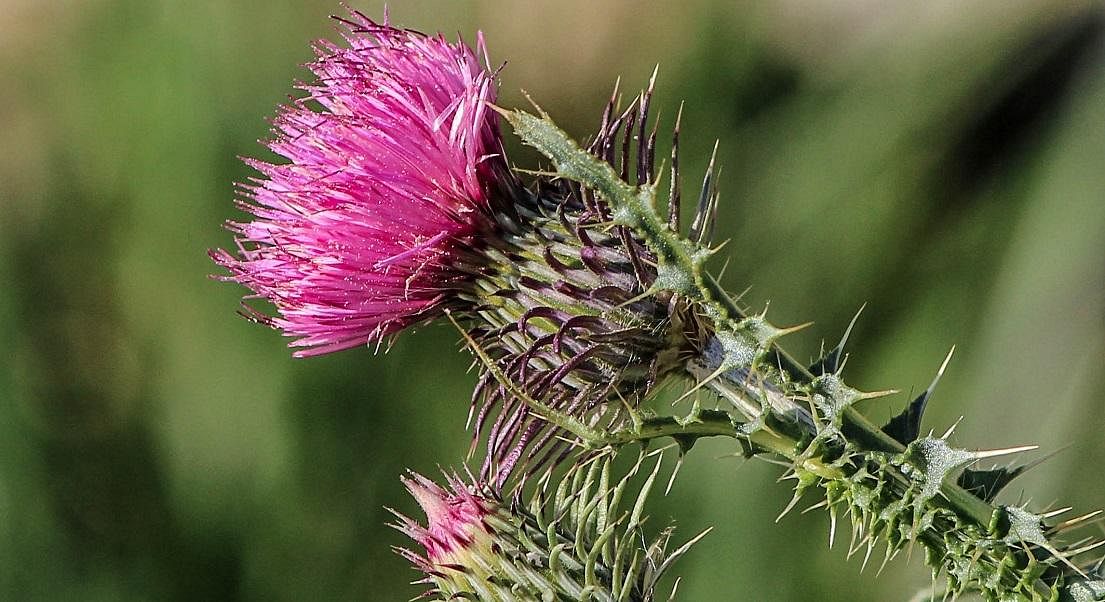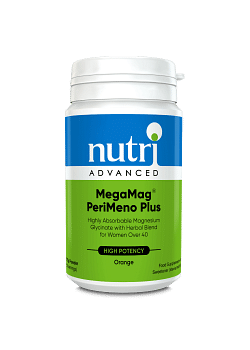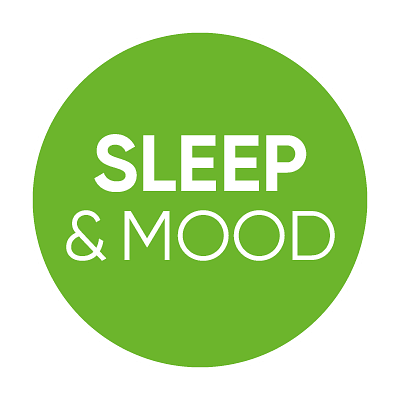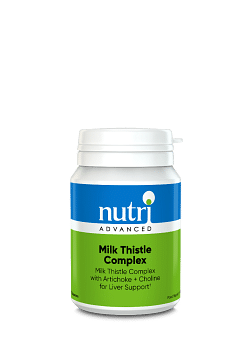The Benefits Of Milk Thistle For Menopause Relief
Why you can trust Nutri Advanced Every article on our site is researched thoroughly by our team of highly qualified nutritionists. Find out more about our editorial process.
It is reported that approximately 90% of women experience disturbing symptoms during the menopause, including vasomotor symptoms (night sweats, hot flashes), sleep disturbances, sexual dysfunction and mood disturbances and these commonly last more than 4.5 years with vasomotor symptoms the most prevalent.1-4 It is therefore no surprise that many women may seek out natural alternatives, such as those found in menopause supplements, to help keep these symptoms at bay to improve their quality of life. Some well-known natural aids include sage leaf extract, red clover, soy isoflavones and hops. Now a new 2020 study has demonstrated that the popular natural herb Silybum marianum (Milk thistle) may provide relief.
Silybum marianum is a therapeutic herb with a 2000-year history of use mainly used to support the health and function of the liver. However, it has been suggested to have an oestrogenic effect and so may be a useful therapy for supporting hormone imbalance, especially during the menopause when oestrogen levels decline.
The new 2020 study published in Phytotherapy Research evaluated the effectiveness of S. marianum in 80 women experiencing hot flashes in menopause.5 This double-blind randomized clinical trial consisted of half the group receiving 200mg S. marianum extract twice daily and the other half a placebo.
After 12 weeks, the results showed that S. marianum significantly reduced the frequency and severity of hot flashes and improved other menopausal symptoms as well as quality of life and daily activities in menopausal women. The exact mechanism for this beneficial effect is unknown but may be attributed to S. marianum’s effect on gonadal hormones’ receptors, it’s galactagogue activity, it’s phytoestrogenic activity, or its modulation of certain neurotransmitters that are involved in hot flashes.
The authors concluded:
‘Given the negative impact of menopause and hot flashes on women's lives and the side effects of standard treatment, and considering worldwide availability and low price of this herbal remedy, further studies with different dosages and duration to conclude about the effects can be valuable.’
This new study highlights yet another natural alternative that may provide relief of menopausal symptoms and may be one to watch. To learn about other natural alternatives, read our Natural Botanicals For The Perimenopause & Beyond article
References
1. Fu, S. et al. A randomized, double-blind, placebo-controlled trial of Chinese herbal medicine granules for the treatment of menopausal symptoms by stages. Menopause. 2016; 23(3): 311–32.
2. Roberts, H & Hickey, M. Managing the menopause: An update. Maturitas. 2016; 86: 53-58.
3. Avis, NE et al. Duration of meno-pausal vasomotor symptoms over the menopause transition. JAMA Internal Medicine. 2015; 175(4): 531–539.
4. Archer, DF et al. (2011). Menopausal hot flushes and night sweats: Where are we now? Climacteric. 2011; 14 (5): 515–528.
5. Saberi, Z. et al. Evaluation of the effect of Silybum marianum extract on menopausal symptoms: A randomized, double-blind placebo-controlled trial. Phytotherapy Research. 2020; 1-8. https://doi.org/10.1002/ptr.6789
This website and its content is copyright of Nutri Advanced ©. All rights reserved. See our terms & conditions for more detail.
Nutri Advanced has a thorough research process and for any references included, each source is scrutinised beforehand. We aim to use the highest value source where possible, referencing peer-reviewed journals and official guidelines in the first instance before alternatives. You can learn more about how we ensure our content is accurate at time of publication on our editorial policy.
Most Popular Articles
-
7 Surprising Ways To Support Your Magnesium
If you are displaying signs of a magnesium deficiency, here are 7 ways to boost your magnesium levels that are easy to incorporate into your daily life. -
5 Best Vitamin C Supplements Picked By Our Experts
Learn more about the different types of vitamin C, the different benefits you get from different types, and what you get for spending more on a good supplement. -
Top 5 Vitamins For Energy And Tiredness Picked By Our Experts
The 5 best and most important vitamins for energy & tiredness including B vitamin food sources & best supplement forms for energy. -
Benefits of Myo-Inositol for Polycystic Ovary Syndrome (PCOS)
In this research review article, we take a closer look at a lesser-known natural compound called myo-inositol that has been found to have significant potential to improve many of the prevalent features of PCOS. -
Top 10 Reasons to Give Your Kids Omega-3
Read the top 10 reasons that kids should have plenty of Omega-3- an essential fatty acid- including for depression, brain function, sleep & reading/maths skills.















